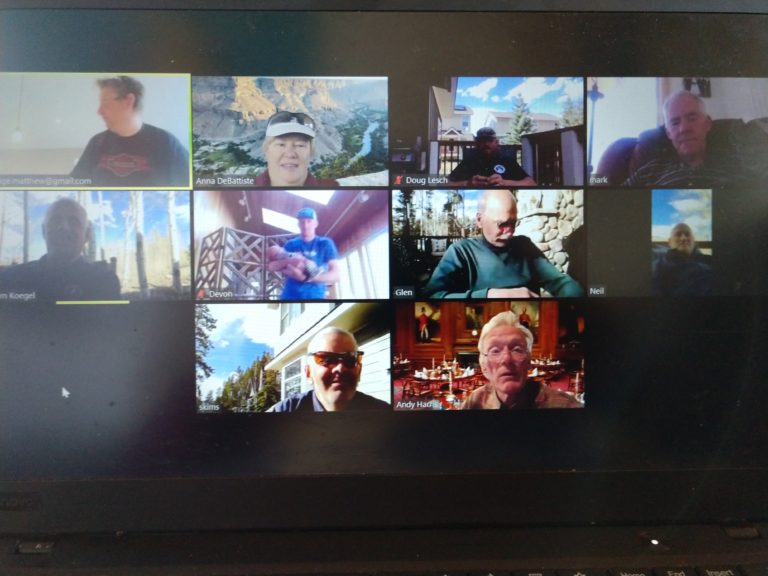I taught a leadership development class focused on making change recently. It was fourth in a series, and the previous classes had focused on adapting to change but this was the first course in which the participants were asked to think of themselves as future change makers. They inspired and depressed me at the same time. They inspired me because they had such fresh ideas. I assigned them a presentation to give at the end of class; an organizational change they would champion, including how and why they would implement the change, and I asked the participants to stand at the end of each presentation if they felt the presenter had made the case successfully. There wasn’t a single idea I wouldn’t have supported myself, and many of them addressed topics near and dear to my heart, such as how we could improve succession planning, on-boarding, leadership development, team cohesion and cross-training. They also had great ideas about how to decrease costs, increase efficiency and better serve their customers.
But I was depressed by the end of the class because I couldn’t help but wonder how cynical they would be by the time they rose to the level in the organization where they might actually implement some of their ideas. The budget cuts in this agency will be so severe by 2016 that people will be thinking about how to get the bathrooms cleaned once a day, not how to improve leadership and succession planning. And we can predict the usual public backlash about federal agency effectiveness and use of taxpayer money as the agency’s ability to meet its mission drastically decreases.
At one point during the class I showed them a presentation from Netflix on how to grow and become more organizationally complex without creating layers of unnecessary bureaucracy that drive creative people out of the organization. I asked them to focus on how they could implement some of the ideas rather than dwelling on what won’t work in the federal government, and they seemed to have no trouble doing so. But later we joked that I would get in trouble with the training department because everyone in the class would leave the agency to go work for Netflix. As we indulge ourselves in unrealistic, binary, either/or thinking about public sector versus private sector and who creates more jobs, we would do well to remember how much more crippled our government will be if we have a mass exodus of smart, creative people from the government to the private sector. Don’t we need our smart, creative people to help us fix the problems in government?

Comments are closed.